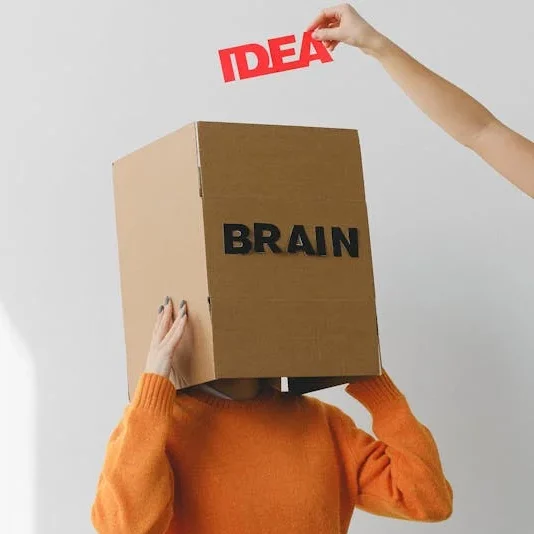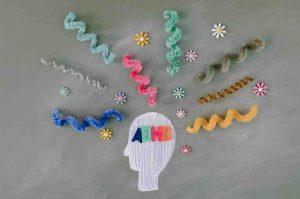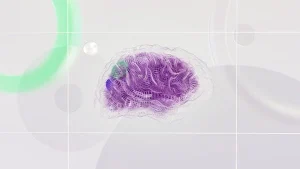
To make your brain more powerful, enabling it to learn anything easily and faster, focus on combining mental strategies, physical health practices, and effective learning techniques. Here’s a comprehensive guide:
1. Optimize Your Learning Techniques
- Spaced Repetition: Use this method to retain information better. Instead of cramming, review material at increasing intervals (e.g., a day, a week, then a month). This taps into the brain’s ability to strengthen neural connections over time .
- Active Recall: Test yourself regularly instead of just passively reading. This reinforces memory pathways, making learning more durable .
- Feynman Technique: Try explaining a concept in simple terms as if teaching it to a child. This helps you identify gaps in your understanding and solidifies your knowledge.
- Interleaving: Mix different topics or subjects during study sessions instead of focusing on just one. This approach helps in developing flexible problem-solving skills .
2. Strengthen Cognitive Abilities
- Practice Neuroplasticity: The brain’s ability to reorganize itself by forming new neural connections is enhanced by learning new skills. Challenge yourself with activities like learning a new language, playing a musical instrument, or solving puzzles .
- Mindfulness and Meditation: Meditation improves focus, reduces stress, and increases gray matter density in the brain. Mindfulness meditation, in particular, can improve cognitive function by enhancing attention and emotional regulation .
- Learn in Different Ways: Engage multiple senses while learning. Use visual aids, listen to podcasts, or try writing things down. Using various learning methods reinforces your knowledge.
3. Improve Physical Health for Brain Power
- Exercise Regularly: Physical activity increases blood flow to the brain and promotes the release of brain-derived neurotrophic factor (BDNF), which helps grow new neurons and enhances brain function . Aerobic exercises, like running and swimming, are particularly effective.
- Nutrition for Brain Health: A diet rich in omega-3 fatty acids (found in fish like salmon), antioxidants (from fruits and vegetables), and whole grains fuels your brain for optimal performance. Dark chocolate and blueberries are known to improve cognitive functions .
- Adequate Sleep: Sleep is essential for memory consolidation and overall brain function. Aim for 7-9 hours of quality sleep per night to allow your brain to recover and optimize learning capabilities.
4. Adopt Efficient Learning Habits
- Set Clear Goals: Break large tasks into smaller, achievable goals to stay motivated and focused. This reduces the feeling of being overwhelmed, and you can measure your progress more effectively.
- Stay Curious: Developing a genuine interest in what you’re learning increases motivation and helps retain information better. Always ask “why” and “how” to deepen your understanding.
- Stay Consistent: Consistency in learning, even for short periods daily, is more effective than sporadic, intense sessions.
5. Boost Mental Focus and Attention
- Use the Pomodoro Technique: Study in focused 25-minute sessions with short breaks. This helps prevent mental fatigue and maintains your concentration for extended periods.
- Reduce Multitasking: Focus on one task at a time. Switching between tasks decreases cognitive efficiency and makes learning less effective.
- Eliminate Distractions: Create a study environment free from distractions like social media, notifications, or noise. Use apps like Focus@Will or Forest to help maintain attention.
By combining these cognitive techniques with a healthy lifestyle, you can significantly enhance your brain’s learning power and ability to retain and apply new information faster.


